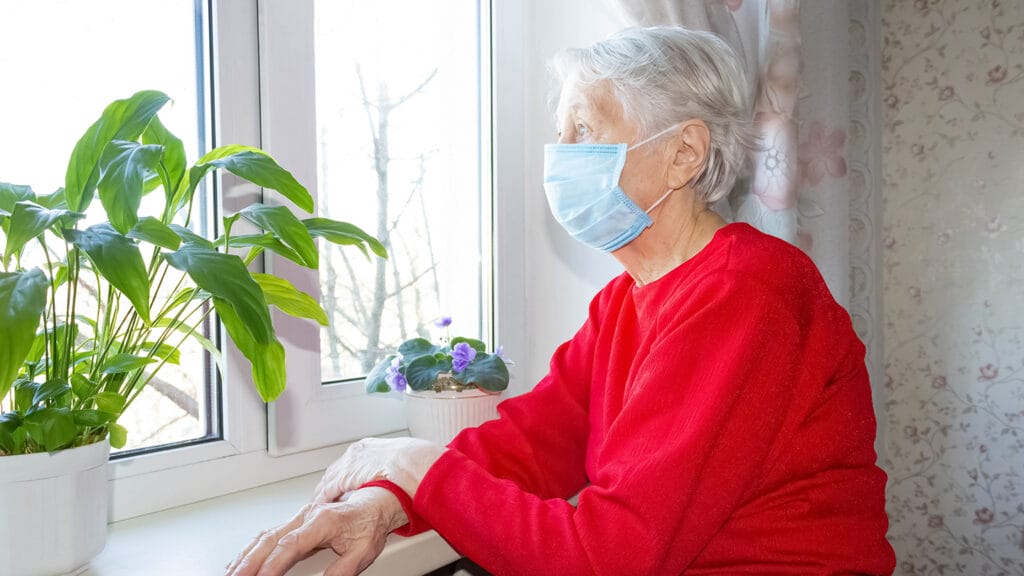
Value-based care is opening up new horizons for home care providers, but the payment model also is creating challenges. That’s the assessment of payers and investment experts who weighed in on the model last week during a webinar hosted by home care technology provider Tomorrow Health.
Value-based care is a great opportunity for the healthcare industry to mitigate costs by identifying patients at risk for certain diseases early and begin treating them in the home, according to Phyllis Yale, a healthcare advisory partner at investment bank Bain & Company. She pointed to kidney and heart disease patients who can benefit greatly from early intervention at home.
“You can identify a population, you can be pre-acute, you can get that person monitored with all the right things and manage them for the long-term to keep them out of the hospital,” Yale explained.
Value-based care is gaining traction in the U.S. In January, Medicare will begin reimbursing home health providers in all 50 states through a value-based care purchasing model. The model ties provider payments to the quality of care rendered and rewards them for both efficiency and effectiveness. The model replaces the traditional fee-for-service approach that pays providers on the amount of care.
That different model is requiring providers to approach their patients in an entirely new way, according to Sachin Jain, MD, president and CEO of SCAN Group which provides health care and MA plans to seniors. Jain said value-based care forces providers to focus less on episodic care and more on longitudinal care. But as providers focus on ways to reduce healthcare costs, this goal can’t come at the expense of the patient, he said.
“I think the additional requirements it puts on us is to monitor how care is delivered and to ensure that people aren’t cutting important corners to achieve targets, which is something you definitely often see in mature value-based care models,” Jain said.
Yale believes value-based care has reached a tipping point and will take off as more physicians, healthcare systems and payers are embracing it.
“I think five years from now we’ll be in a very different spot,” Yale predicted. “I also have a belief in these home-based solutions … that they will become increasingly embedded in at-risk providers.”



